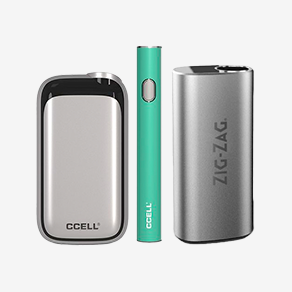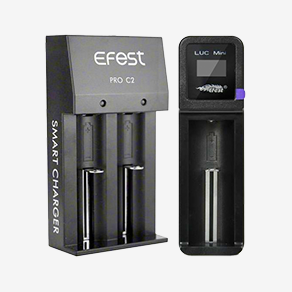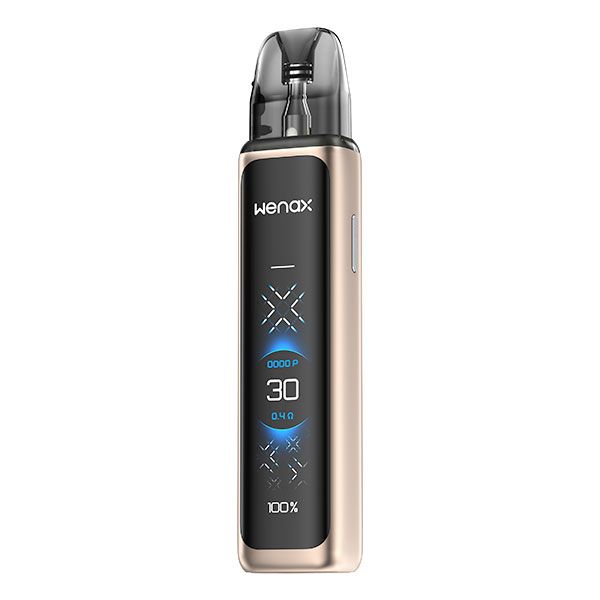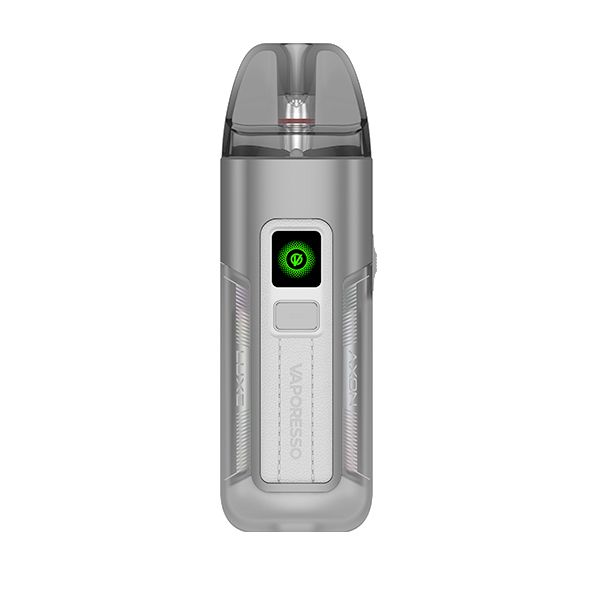Find out why companies cannot afford to stay silent about digital cigarettes in the workplace and how to go about creating your vaping policy
As the Food and Drug Administration (FDA*) tries to expand its authority on tobacco products to include new electronic nicotine delivery devices little by little, many local and state governments have already gone ahead and initiated their regulations on the use of digital cigarettes in the absence of concrete federal guidelines. Because of this, determining where vaping is allowed and where it isn't has become far too complicated. Another area where the rules on vaping are still vague is in the workplace.
The $2 billion per year e-cigarette industry is still just a small portion of the $94 billion tobacco cigarette industry, however, their rapid rise to popularity in such a short time suggests that nicotine delivery devices may catch up with and even surpass tobacco cigarettes before the end of this decade. In response, many employers are already being forced to address vaping in their company smoking policies.
Vaping and Productivity
Cheryl Dooley, owner of the Ebsco Spring Company in Tulsa, Oklahoma, says she was finally able to stop her 40-year, one to two pack-a-day habit with the help of her digital cigarettes. So when the issue of whether or not to allow her 28 employees to vape at work came up, Cheryl thought the decision was easy: she made a policy permitting vaping in the company building. Not only that, but she went even further by purchasing her entire team $100 vaping devices.
Since then, Cheryl says she has seen an increase in productivity. "Nobody's sneaking out," she said. "The office people are always at their desk."
While a 10-15 minute smoke break every couple hours may not seem like a big deal, analysts estimate that smoking actually costs a private employer in the U.S. an extra $5,816 a year per employee who smokes compared with a non-smoking worker. The largest portion of these extra expenses came from lower work volume production by employees who had to stop and take several more breaks throughout the day to go outside for a smoke.
Reducing Healthcare Costs
Another potential benefit of allowing vaping in the office is the reduction in health care costs. Since the implementation of the Affordable Care Act (…or "ObamaCare"), the financial burden of providing health insurance to full-time employees has placed a huge burden on the shoulders of many companies, especially businesses with employees who smoke.
What's more, smokers miss two and a half more workdays each year on average than their non-smoking coworkers according to Ohio State University researchers. Second only to smoke breaks in the cost to employers, additional health care expenses and absenteeism due to smoking-related illnesses can take their toll on businesses' bottom line.
Establishing a Vaping Policy for Your Company
Regardless of what side you fall on –banning digital cigarette from work completely or encouraging vaping in order to lower employer costs associated with smoking– it is important that your company makes clear their official position on vaping in the office. E-cigarette use is becoming far too popular for big companies to stay silent about whether their smoking policies include vaping or not.
"If you leave this area vague, you're inviting conflict," said employment attorney Amber Elias to the Boston Globe in an article confirming that we have reached the point where companies must delineate when, where, and if, vaping is allowed. "If you have people with clouds of vapor rising from their cubes, how is that going to affect other people?"
Below are a few considerations to keep in mind when creating your company's vaping policy:
- Can the company monitor regular tobacco cigarette use? Many digital cigarettes are made to look like regular cigarettes, so you might have to educate all employees on the differences between the two in order to ensure polices are being followed.
- Will vaping devices disturb or upset other workers? You may need to take the necessary steps to respect the wishes of both workers who want to vape at their desk and employees who don't want to be exposed to e-cigarettes.
- How will digital cigarettes be disposed of? Batteries should be discarded as electronic waste, so you may have to make sure vapers have a means of properly disposing of their devices in the workplace.
- What, if anything, do state or local laws have to say about smoking in the workplace? Looking at the strictness or leniency of the law's view of smoking in the office may help you decide how to approach the issue of vaping in your place of business.
In the meantime, we encourage managers to ask their employees their opinions on the issue and learn all about vaping before revamping your smoking policy. If you are an employee who vapes, you can create awareness in the workplace about how digital cigarettes differ from tobacco smoking and talk to your managers about how vaping can boost productivity while lowering costs.






















































